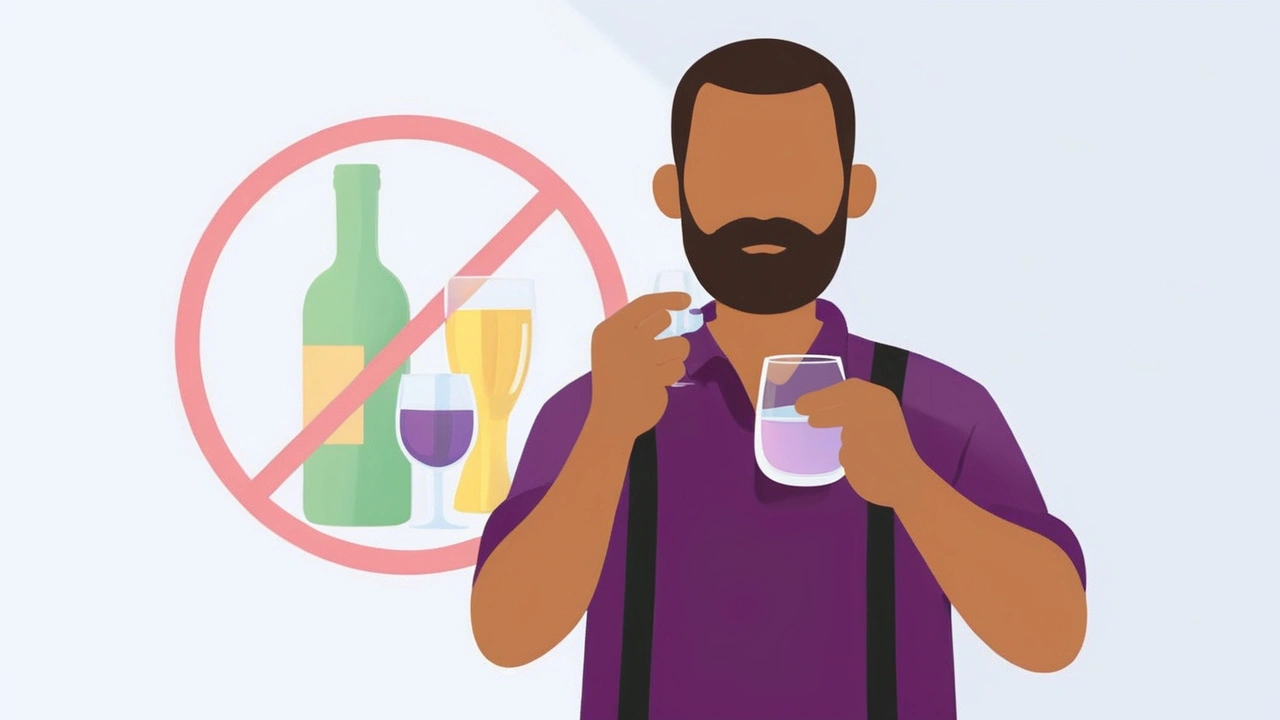This article examines why it is crucial to avoid alcohol consumption while taking antibiotics. It highlights expert advice from health professionals on the potential risks, adverse effects, and specific antibiotics that can cause severe reactions when combined with alcohol. Understanding these interactions is essential for a smooth and effective recovery process.
Why avoiding alcohol with some antibiotics matters
Mixing alcohol and certain antibiotics can turn a simple infection into a messy, painful setback. You might get intense nausea, flushing, or faster heart rate — and in some cases, serious liver trouble. This month’s post on DoctorSolve explains which drugs are risky, what to watch for, and clear steps you can take so alcohol doesn’t ruin your recovery.
Which antibiotics commonly react with alcohol
Start by assuming risk if you don’t know the drug. The ones to watch most closely are:
- Metronidazole and tinidazole: they can cause a disulfiram-like reaction — flushing, vomiting, headache, rapid heartbeat. Wait at least 48 hours after metronidazole and 72 hours after tinidazole before drinking.
- Certain cephalosporins (like cefotetan): these can also trigger disulfiram-like effects in some people.
- TB drugs such as isoniazid, rifampin, and pyrazinamide: these raise the risk of liver damage when combined with alcohol. If you’re on TB treatment, avoid alcohol for the whole course and until your doctor clears you.
- Other antibiotics: most don’t cause a direct dangerous reaction with alcohol, but alcohol can worsen side effects like dizziness, stomach upset, or drowsiness. It can also impair your immune response and slow healing.
Simple rules to follow
Don’t guess. Check the label and ask your pharmacist or prescriber if alcohol is safe with your specific antibiotic. If you can’t reach them, skip alcohol while you’re taking the medicine and for at least 48–72 hours after finishing, unless told otherwise.
Watch for red flags and act fast: severe stomach pain, yellowing of the skin or eyes, very dark urine, fainting, fast irregular heartbeat, severe vomiting, or trouble breathing. Those signs can point to liver injury, an allergic reaction, or a bad medication interaction — call your doctor or emergency services.
If you have liver disease, drink regularly, or take other medicines that affect the liver (including many supplements), be extra careful. Ask for a liver test if you’ll be on a potentially hepatotoxic antibiotic for more than a short course.
Finally, alcohol can make you feel better temporarily but it won’t speed recovery. Skip alcohol, follow the full antibiotic course, and contact your provider if symptoms don’t improve. Small choices now can keep you out of an emergency room later.

